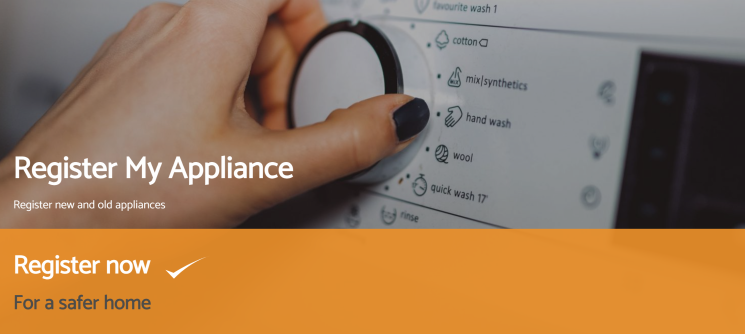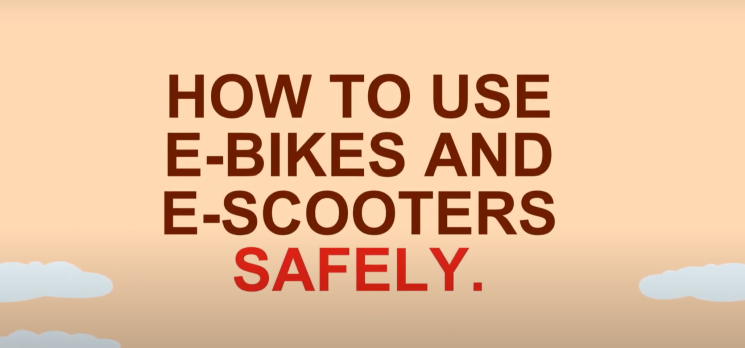Shocking Footage Reveals the Hidden Dangers of Lithium Batteries - Captured by Homeowners in West Yorkshire.
For more information on this incident, click here.
Video file
Storage Handling
- Never use damaged or faulty batteries: Avoid using batteries or devices that are swollen, punctured, or show signs of damage; they can fail without warning and pose a serious fire risk.
- Keep away from heat sources: Store batteries and devices away from radiators, heaters, direct sunlight, and cookers.
- Store safely: Keep batteries in a cool, dry place and away from metal objects like keys or coins. Extreme temperature, even when not in use, can increase the risk of fire.
- Follow manufacturer guidelines: Always refer to the device manual for proper storage and maintenance instructions.
- Avoid second-hand batteries: You can’t be sure of their condition or history, which may make them unsafe.
- Install smoke alarms: Place smoke detectors in areas where batteries are charged or stored for early fire detection.
Charging Safely
Charging lithium-ion batteries incorrectly is a common cause of fires. Here’s how to charge safely:
- Never charge overnight or unattended: Always be present while charging and unplug once fully charged.
- Use approved chargers: Only use chargers recommended by the manufacturer. Avoid cheap or counterfeit alternatives that may lack safety features.
- Choose safe charging locations: Never charge on beds, sofas, or under pillows. Avoid charging in very hot or cold environments.
- Keep escape routes clear: Don’t charge devices in hallways or near doors where they could block your exit in an emergency.
- Avoid overheating: Don’t cover devices while charging and always place them on a flat, solid surface.
- Don’t overload sockets: Especially when charging high-powered devices like e-bikes or e-scooters.
- Read the instructions: Always follow the safety guidance provided with your device or charger.
Safe Disposal
Improper disposal of lithium-ion batteries can lead to fires in bins, trucks, or recycling centers.
- Never dispose of batteries in household waste: They must be recycled properly.
- Recycle the whole device if needed: If the battery is built-in, recycle the entire device.
- Use official recycling points: Drop off batteries at designated collection points in shops, supermarkets, or check with your local authority.
- Find your nearest recycling center: Visit Recycle Your Electricals for locations.
In the event of a fire
If a battery catches fire:
- Get out, stay out, and call 999 immediately.
- Do not attempt to extinguish the fire or move the burning device.
- Close doors behind you as you leave, if safe to do so, to help contain the fire.


